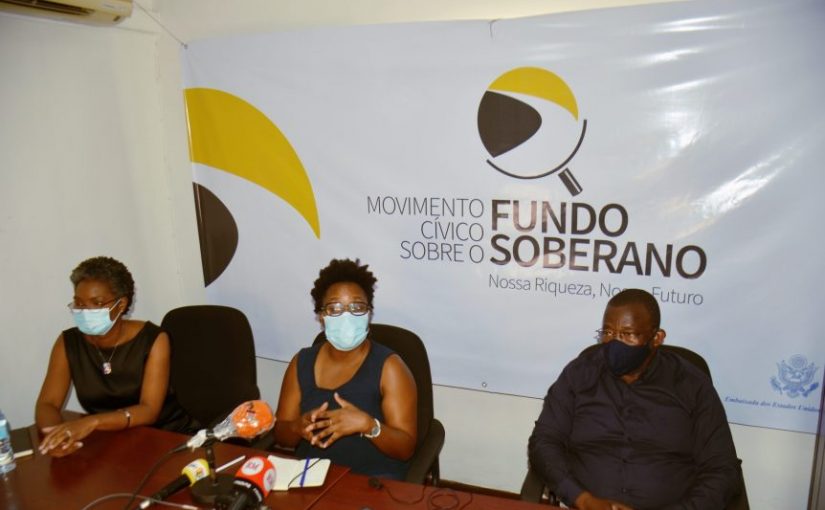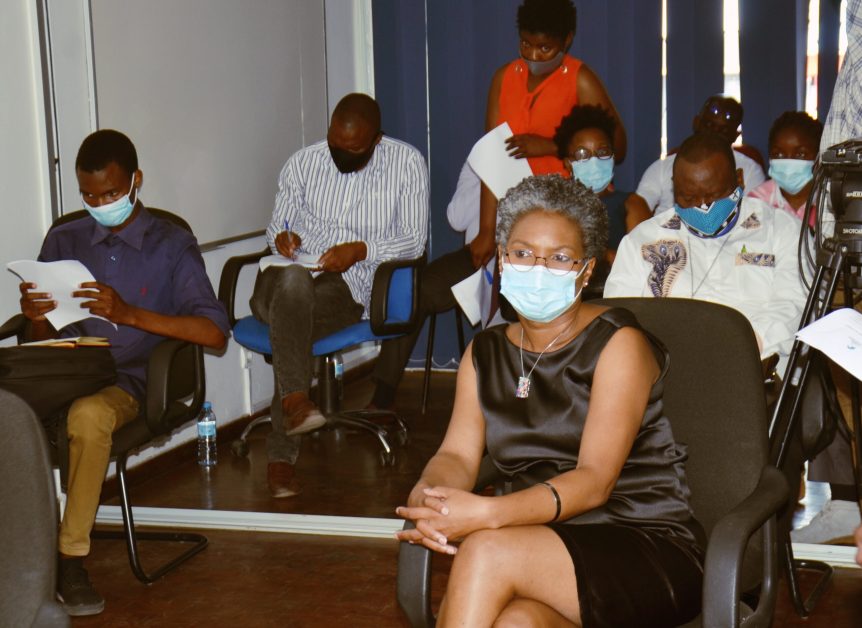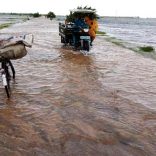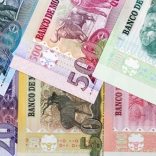Floods forecast for 2026 affect Mozambique's economic projections, central bank warns
Mozambique: Civil society launches Civic Movement on Sovereign Fund

Photo courtesy: CivilInfo
A consortium of civil society organizations launched a ‘Civic Movement on the Sovereign Wealth Fund’ in Maputo this Wednesday, with the aim of promoting the widest possible dissemination of information and knowledge about the sovereign wealth fund recently proposed by the Bank of Mozambique.
“The main focus of the project is to provide and consolidate the information and knowledge of citizens and the deputies of the Assembly of the Republic on the nature of sovereign wealth funds, the different models of such savings mechanisms and, above all, on internationally established mechanisms ensuring their efficacy and efficient and transparent management,” project coordinator and spokesperson Fátima Mimbire explained.
Several activities are planned to achieve this goal, including public debates throughout the country via traditional media and digital platforms, seminars with groups of citizens, and even activities involving the Assembly of the Republic and MPs, including a retreat and study visits abroad.
The project, financed in the amount of US$300,000 by the United States Embassy in Maputo and with an initial duration of 18 months, will be implemented by a consortium of N’weti and the Civic Coalition on Extractive Industry, and involving four other civil society organizations: Centro Terra Viva (which will dedicate itself to educating deputies on sovereign wealth fund matters), the Christian Council of Mozambique, Kuwuka-JDA (educating citizens on the matter) and SEKELEKANI.
Carta de Mozambique learned at the launch that, starting this week, the consortium will be touring Nampula and Niassa provinces to mobilise citizens and organise groups as a general platform for participation and ownership by citizens of the mechanism for transparent, monitorable and sustainable management of revenues from the exploitation of natural resources in Mozambique.
The Bank of Mozambique proposal focuses on two components, one for the accumulation of savings and the other for fiscal stabilisation. The national financial regulator predicts that Mozambique will earn US$96 billion in the lifetime of the Rovuma basin natural gas projects in the north of the country, and proposes that the fund be managed by the Assembly of the Republic, the Ministry of Economy and Finance and the central bank itself.
By Evaristo Chilingue













Leave a Reply
Be the First to Comment!
You must be logged in to post a comment.
You must be logged in to post a comment.